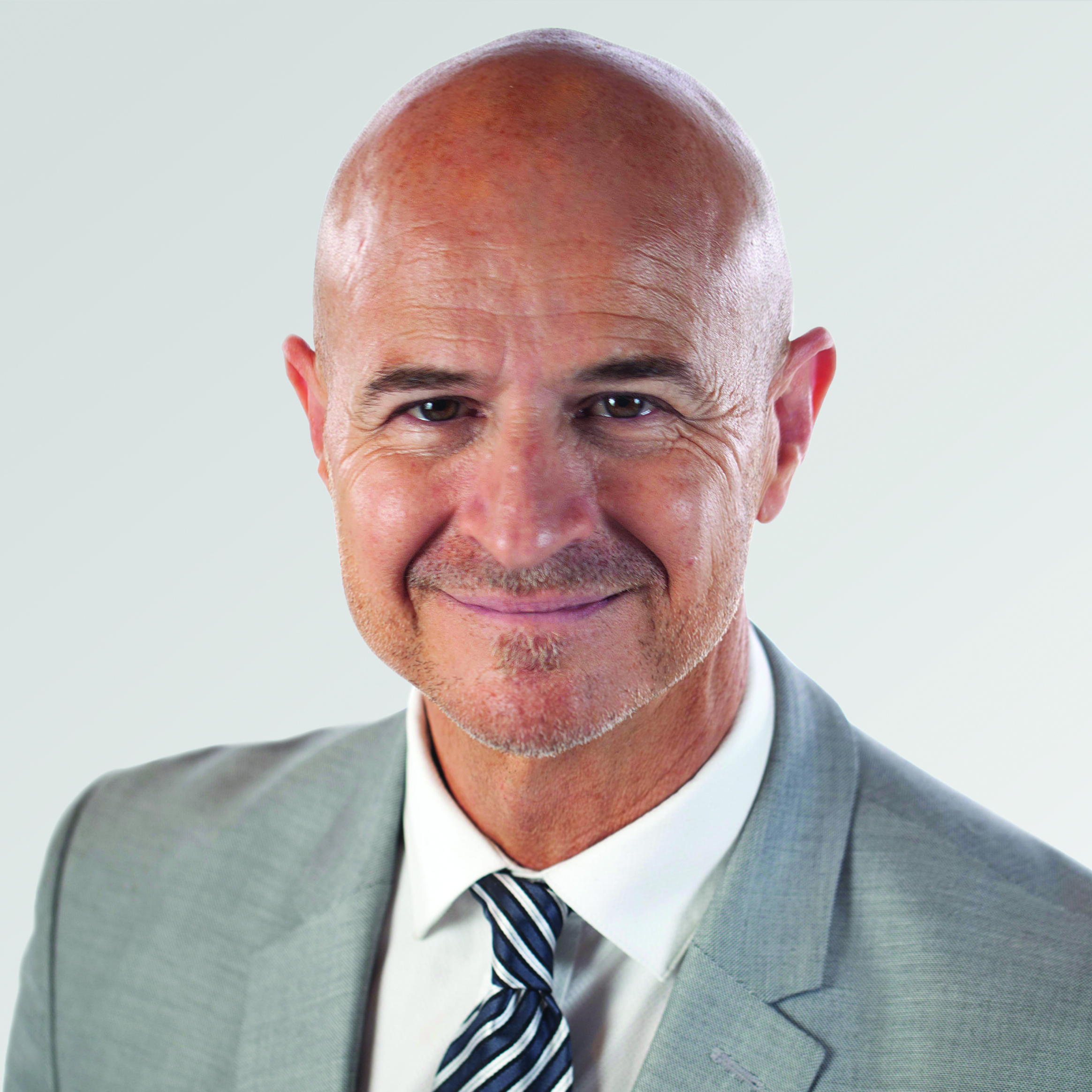Prayer and Fasting | Today with Dr. Mark Jobe
- January 2023 Issue
“Praying and fasting is not a new practice, but one that is deeply embedded in the history of the church and mentioned throughout the Bible.”
When I was just 16, about one year after I accepted Christ as my Savior, I decided to follow Jesus by spending time in fasting and prayer. I took a tent to the top of a mountain, bringing only a bottle of water and my Bible, determined to spend three days alone with God. Of course, three days is a long time for a teenage boy to go without food, and by the time my fast ended, my appetite was in overdrive. Bursting into our home, I told my mom, “I’m starving!”
While I no longer spend time in a tent on a mountain, the practice of prayer and fasting has remained an important part of my Christian life. I have fasted alone, with my wife, and with our church community. This past August I called the entire Moody Bible Institute community to a time of prayer and fasting as we asked God’s blessing and protection on our school and students.
Praying and fasting is not a new practice, but one that is deeply embedded in the history of the church and mentioned throughout the Bible. Fasting was often used as a time of spiritual preparation. Nehemiah fasted and prayed before setting out to rebuild the walls of Jerusalem (Neh. 1:4). Moses fasted for 40 days, preparing him to receive the Ten Commandments (Ex. 34:28). And Elijah fasted for 40 days before he received fresh direction from God (1 Kings 19:8). As we consider spending time in prayer and fasting, we have no better example than Jesus. Our Savior withdrew from others to spend 40 days communing with His Father (Matt. 4:1–11).
We do not pray or fast to pay penance. We are not trying to perform such a significant sacrifice that God will pay attention to us. There is nothing we can do to gain the favor of God besides what Jesus did on the cross. But as we step away from our routine, we are able to focus. Our physical hunger accentuates our need for God’s presence.
In Psalm 63, David writes from the Desert of Judah that his deepest needs can be met only through God: “You, God, are my God, earnestly I seek you; I thirst for you, my whole being longs for you” (v. 1). While we may not be in a physical desert, we too long for God’s presence. Why? “Because your love is better than life” (v. 3).



